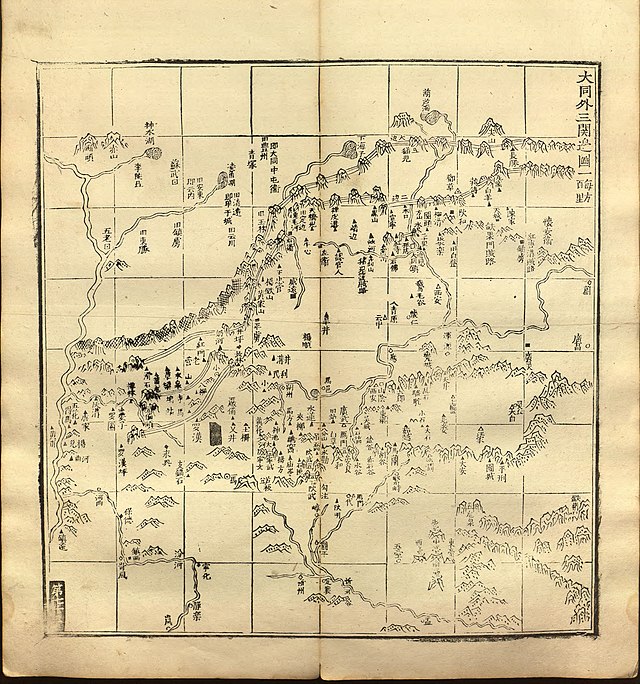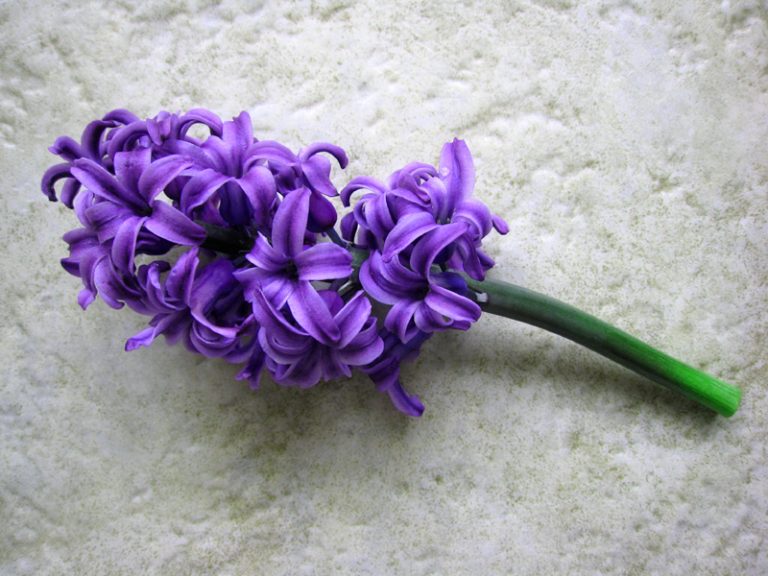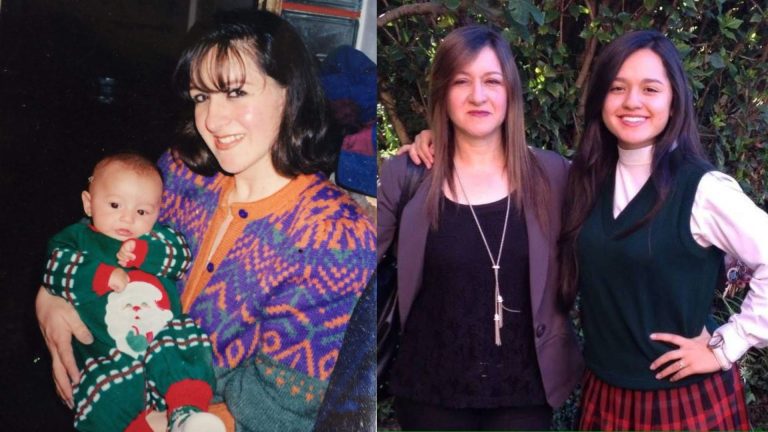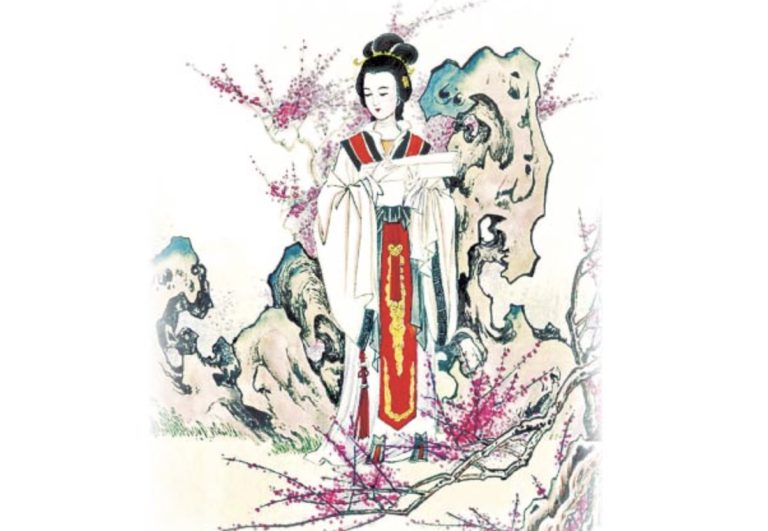Who in this world is without fault? Along with the very wicked people who intentionally kill and harm others, there are also those of us who make mistakes due to misunderstandings or confusing circumstances. Dealing with those who are at fault is a concern for those who were wronged. Is it so important to expose the shortcomings of others and bring them into disrepute? Or would it be better, in many cases, to give them the opportunity to improve by showing forgiveness?
According to the Buddhist theory of karmic retribution, the act of spreading the faults of others will diminish one’s own virtue and bring all kinds of bad karma, causing one to suffer. Those who forgive and refrain from flaunting the shortcomings of others will be blessed.
Luo Zhuan accumulated virtue with kindness and was blessed with a well-achieved son
In the Ming Dynasty, there was a man named Luo Zhuan, a native of Jishui, Jiangxi Province, whose ancestors had been officials for generations. He was a kind and generous person and enjoyed an excellent reputation locally.
At the time when Luo went to take the imperial examination in the capital, he shared a room with another candidate. One day a piece of his clothing was missing, and his roommate was concerned that he would be accused of stealing. A few days later, Luo’s fellow student found someone wearing the article of clothing, which he recognized by the coarse material. He brought Luo to confront the man.
Luo met and sat down with the man, while his roommate pointed at him and asked Luo point blank, “Are these your clothes?” Luo said, “You are mistaken, those are not my lost clothes.” The roommate touched the clothes to verify that he was correct, but Luo still firmly denied that they were his.

Success
You are now signed up for our newsletter
Success
Check your email to complete sign up
When they returned to their residence, the fellow student was furious. Luo explained, “A piece of clothing is no great loss to me, but if that man’s reputation is ruined, what future does he have?” Upon hearing this, the roommate suddenly understood and was very impressed with Luo. Passing the examination, Luo was admitted to the Imperial College and later became a minister in the Ministry of Military Affairs.
When he reached middle age, Luo still had no children. One day, he passed by a temple and found seven coffins that had not been buried. Thinking it was a shame, he took his salary and paid a monk to bury all seven coffins. Soon afterward, his wife became pregnant and gave birth to a son, Luo Hongxian.
Luo Hongxian was well educated in his childhood. As a teenager, his hard work and knowledge brought him recognition for his in-depth study of astronomy, geography, rules and regulations, arithmetic, and yin and yang. In the eighth year of the Ming Dynasty, he excelled in the imperial examination and was appointed as the top scholar.
In 1541, after ten years of work, Luo Hongxian completed an atlas based on Zhu’s “Public Knowledge Map,” the “Guang Yu Map” (Wide Public Knowledge Map). This is the earliest surviving atlas of the provinces in China.
Giving people a chance
Liu Zhongfu (劉仲輔), a native of Macheng (麻城) from the Ming Dynasty (1368 – 1644), was kind and generous since his childhood. On his wedding night with his wife Dong, a thief quietly entered their house. After being awakened, Liu got up and saw that it was someone he knew, so he said to him, “I believe you became a thief because you were poor.” Although his own family was not well-off, he gave the thief a few pieces of his wife’s jewelry, and told him, “If you change your ways from this point on, I will not tell anyone about this.” The thief nodded in agreement.
Afterward, the wife often asked who the thief was, and Liu said, “I have promised him not to tell anyone, so why do you ask?” Throughout his life, he kept his promise and did not reveal half a word. Liu lived to be 89 years old. After his death, a man from his clan wore the mourning suit, attire not usually worn by anyone other than immediate family. He cried inconsolably with his head against the coffin.
This man had once been of poor character, but then suddenly changed his ways and began to be quite good. It was suspected that he had been the thief long ago. Perhaps he realized his good fortune, and understood that his life could easily have been ruined, had Luo decided to make his deeds publicly known.
Liu’s kindness also brought blessings to his descendants. His son and grandson were successful in the imperial examinations and became officials, with his grandson being given an honorable title. His descendants, in turn, were also successful in their careers.













